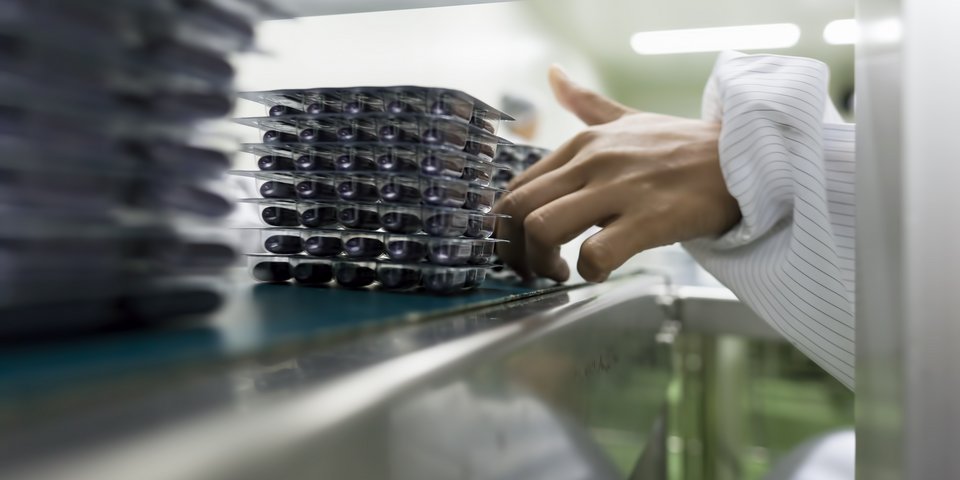 iStockphoto/enviromantic
iStockphoto/enviromanticSupplementary protection certificates for medicinal products
Pharmaceutical law and patent law must be reformed in a coordinated manner.
UM – 09/2023
On 26 April this year, the European Commission
had published the long-awaited package for the revision of European
pharmaceutical legislation. The following day, it presented a legislative
package to reform the protection of intellectual property. As a result,
politicians and officials from the health sector are dealing with the
pharmaceutical reform. The patent law amendments, in contrast, are discussed in
the civil law working groups and committees. This means that important
commonalities may not be considered in a sufficiently coordinated manner and
interactions may be overlooked. This especially concerns the exclusivity
protection of medicinal products.
Patent protection trumps regulatory market protection
A study commissioned by the European
Commission shows that for 61 per cent of the medicinal products
considered, the longest effective protection of new medicinal products against
generic competition is provided by patent protection or a Supplementary
Protection Certificate (SPC). The latter is intended to compensate for the
sometimes long procedural period between patent application and market
authorisation through additional protection periods of up to a maximum of five
years. Consequently, the regulatory market protection of pharmaceutical law
only applies in a good third of all cases. This underlines the importance of
patent regulations for the position of medicinal products on the market. This
must be taken into account in the context of the proposed revision of the
European pharmaceutical legislation. This is because the legal design of patent
protection has a decisive influence on the balance between incentives for the
development of new medicinal products on the one hand and, due to its
competitive implications, the long-term financial stability of the healthcare
systems on the other.
Shortening of SPC not in sight
If the goals set by the European Commission
with the medicinal product package regarding access, availability and
affordability of medicines are to be achieved, shortening of exclusivity
periods would have to be worked towards in both pharmaceutical law and patent
law. This was made clear by the German Social Insurance (DSV) in a statement on
the occasion of the consultation on the Commission proposals to amend the draft
regulation on the single supplementary certificate for medicinal products and
to amend Regulation (EU) 2017/1001, Regulation (EC) No. 1901/2006 and
Regulation (EU) No. 608/2013 and to redraft the regulation on the supplementary
protection certificate for medicinal products. This is made more difficult by
the fact that the dossiers are discussed independently of each other in
different panels. Moreover, there already seems to be a consensus among policy
makers that the duration of SPCs will not be changed.
Make patent protection transparent
Notwithstanding this, the German Social
Insurance (DSV) supports the intended uniform European issuing of SPCs, so that
this leads to more competition as well as more transparency, effectiveness and
legal certainty, thus contributing to more efficient supply. The new centralised
procedure should have priority when applying for SPCs; also in order to exclude
specific use of national application procedures by manufacturers in specific
cases to protect themselves from competition by generics or biosimilars.
Furthermore, the granting of the SPC should be limited to the primary patent
(original active ingredient patent independent of references to administration
forms, therapeutic indications, etc.). A "patent thicket" of a
multitude of secondary patents, which serves to shield a product from
competition, must be counteracted.
